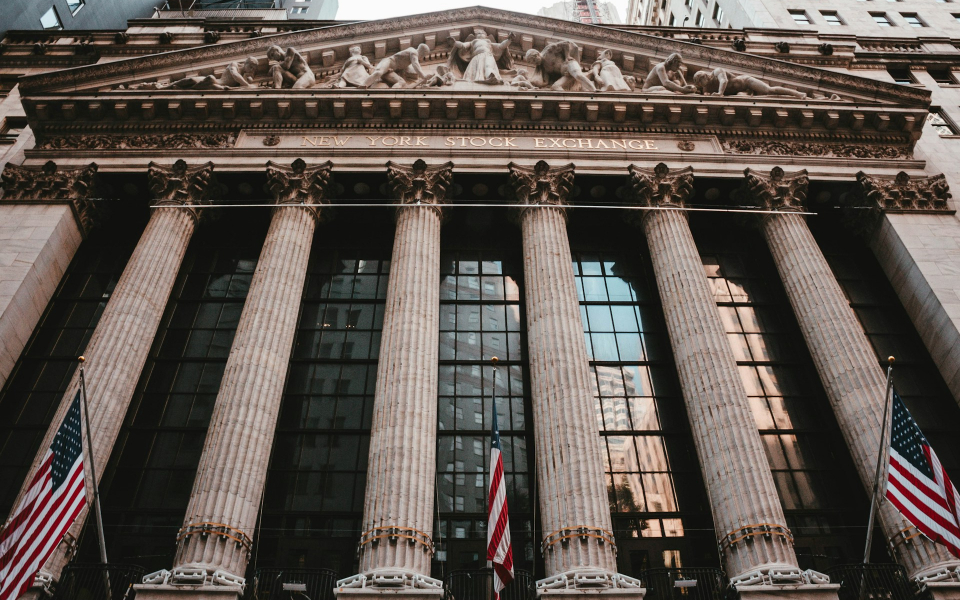Financial markets are poised for a bumpy ride as they face a series of recent events that have led to a major selloff, analysts say.
On Thursday, the Federal Reserve held off on cutting rates and then a cooler-than-expected U.S. jobs report landed on Friday while Iran threatened to attack Israel. On top of all that, the looming presidential election is also causing market jitters.
"Markets are clearly nervous about the divergent paths central banks are taking, leading to lots of volatility," said Jamie Cox, managing partner for Harris Financial Group.
"Couple that with a potential escalation of hostilities in the Middle East and a Presidential election cycle that is rife was [sic] craziness, things are ripe for negativity. Some say this is overdue, I say use this downturn to pick up some deals."
The Dow Jones Industrial Average, tracked by the SPDR Dow Jones Industrial Average
The S&P 500, tracked by the SPDR S&P 500 ETF Trust
The tech-heavy Nasdaq Composite, tracked by the Invesco QQQ Trust Series
"Traders wasted no time in running for the exits as a weak manufacturing survey on Thursday caused some jitters and an unexpected 0.2% jump in the unemployment rate on Friday resulted in panic," said Chris Zaccarelli, chief investment officer for Independent Advisor Alliance.
"Oftentimes, the weekend is a time for cooler heads to prevail and for calm to reassert itself, but based on futures trading this morning, the opposite is occurring."
He said it remains to be seen if Friday's weak jobs report, which showed unemployment rising to 4.3%, is the "canary in the coalmine" for markets to fall because corporate profits have continued to grow and GDP growth recently came in at 2.8%.
The market selloff may be pricing in a pending recession, or it may be just a recalibration, said John Lynch, chief investment officer for Comerica Wealth Management.
"When investors turned their calendars to August, they may have flipped the narrative on the economy at the same time," he said.
"While we're not completely sold on the new narrative, the one thing that seems certain is that there is more volatility ahead."
He noted that Treasury yields are moving lower and that equity markets have fallen below the 50-day moving average.
The selloff, which was anticipated but came faster than expected, have put pressure on the Fed to lower rates, said Gina Bolvin, president of Bolvin Wealth Management Group.
"Odds of an emergency rate cut is rising. Investors should remember that fundamentals haven't changed much, and Friday's job report was one data point, however currency markets are important and can be a catalyst for the Fed to step in."
She said the chances of a recession are increasing, but investors "need to take a deep breath" and remember that market corrections are normal and the unemployment rate is still "historically low" at 4.3%.
"While odds of a recession are rising, I don't think we will see one this year because earnings are growing double digits."















